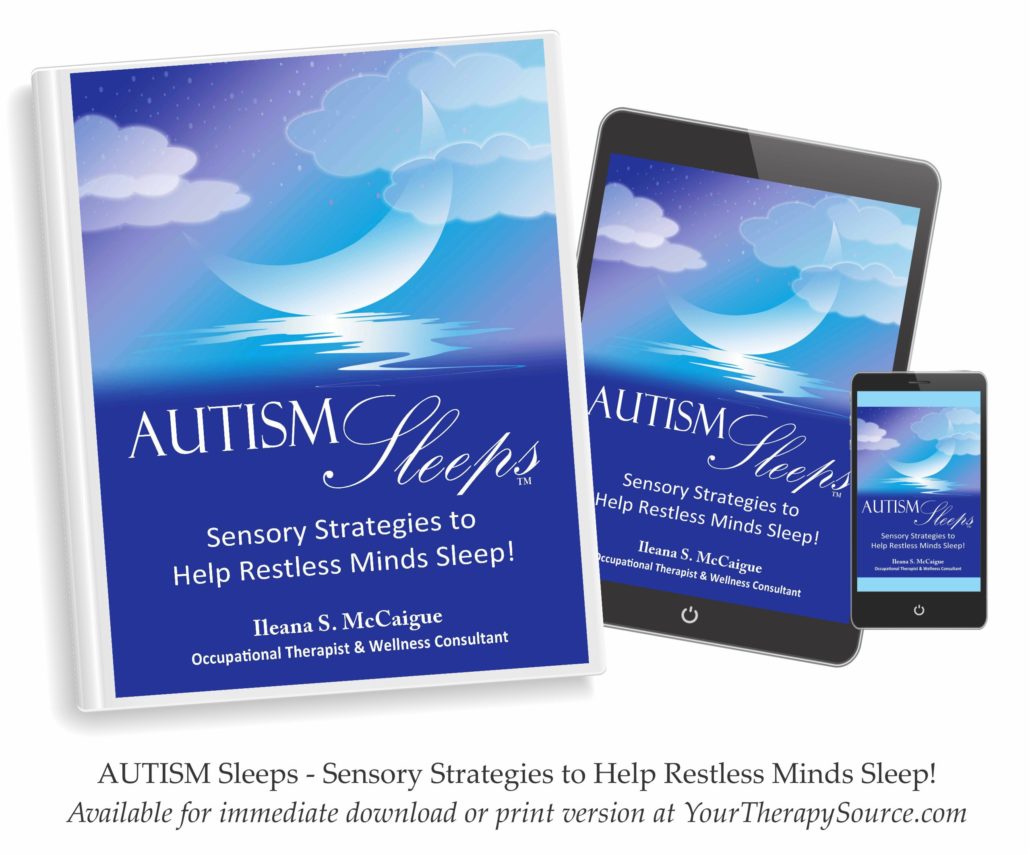3 Behaviors Linked to Higher Mental Ability in Children

Parents play a key role in supporting children to maximize their potential at school. As we all know, what goes on in the home greatly affects what goes on at school and vice versa. Recent research on over 4000 children and adolescents in the United States, reveals that there are 3 behaviors linked to higher mental ability in children.
The 3 Behaviors
The researchers analyzed the relationship between children who followed the recommended 24 hour movement guidelines and overall global cognition (tests on language abilities, episodic memory, executive function, attention, working memory and processing speed).
The results indicated that out of 4520 participants:
- 51% met the sleep recommendation of 9-11 hours per night.
- 47% met the screen time recommendation of 2 hours or less of recreational screen time per day. On average, the children spent 3.6 hours a day engaged in recreational screen time.
- 18% met the physical activity recommendation of 60 minutes per day.
- overall, 71% of the participants met at least one recommendation per day. Also meaning that close to 30% met NONE of the recommendations.
- overall, ONLY 5% met all three recommendations per day.
How Were the Behaviors Linked to Higher Mental Ability in Children?
The researchers looked closer to determine how were the behaviors linked to higher mental ability in children. Statistical analysis of the data showed:
- Global cognition was positively associated with each additional recommendation met.
- participants who met all three recommendations scored about 4% higher on the combined tests.
- meeting only the screen time recommendation or both the screen time and sleep recommendations had the strongest associations with cognitive development.
What did the Researchers Conclude about the 3 Behaviors and Mental Ability?
The researchers concluded the following:
- that more than two hours of recreational screen time in children was associated with poorer cognitive development.
- more research is needed to explore the links between different types of screen time and cognition.
- doctors, parents, educators, and policymakers should promote limiting recreational screen time and encourage healthy sleep routines throughout childhood and adolescence.
How to Help Encourage the 3 Recommendations
Therapists, teachers, and parents can help students maximize their cognitive potential by encouraging 60 minutes of physical activity per day, less than 2 hours of screen time per day and 9-11 hours of sleep per night.
An easy way to get started is to follow a daily schedule. Children benefit from structure. They learn what to do and when to do it. They learn how to do things, like brush their teeth, get dressed, solve math problems and so on. At school children have a routine by following the consistent daily school schedule. Routines help them know what to expect and enable them to feel safe and secure. Regular mealtimes, physical activity time and regular bedtimes are helpful ways to schedule your child and keep them happy and healthy.

Try playful, fun games to increase physical activity time such as tag, kickball and heading to the playground. If you are stuck indoors, try board games that require movement such as this Sensory Motor Board Game collection.
Practice healthy sleep habits with a consistent bedtime routine. Read more information on how to help children sleep here.
If you know a child who has difficulty establishing healthy sleeping habits, check out Autism Sleeps™ . It is an easy-to-read manual to help people with sensory processing difficulties, Autism Spectrum Disorders or a restless mind, achieve an overall healthy sleep experience. It serves as a thorough resource for sleep sensory strategies and suggestions for preparing the “sleep environment”. Sample bedtime and wake-up routines are provided as templates, especially to guide parents of children with sleep difficulties. Find out more information.

References:
The Lancet. “Limiting children’s recreational screen-time to less than two hours a day linked to better cognition, study finds: Only one in 20 US children met the full recommended guidelines on recreational screen-time, physical activity
Walsh, J. J., Barnes, J. D., Cameron, J. D., Goldfield, G. S., Chaput, J. P., Gunnell, K. E., … & Tremblay, M. S. (2018). Associations between 24 hour movement behaviours and global cognition in US children: a cross-sectional observational study. The Lancet Child & Adolescent Health.



